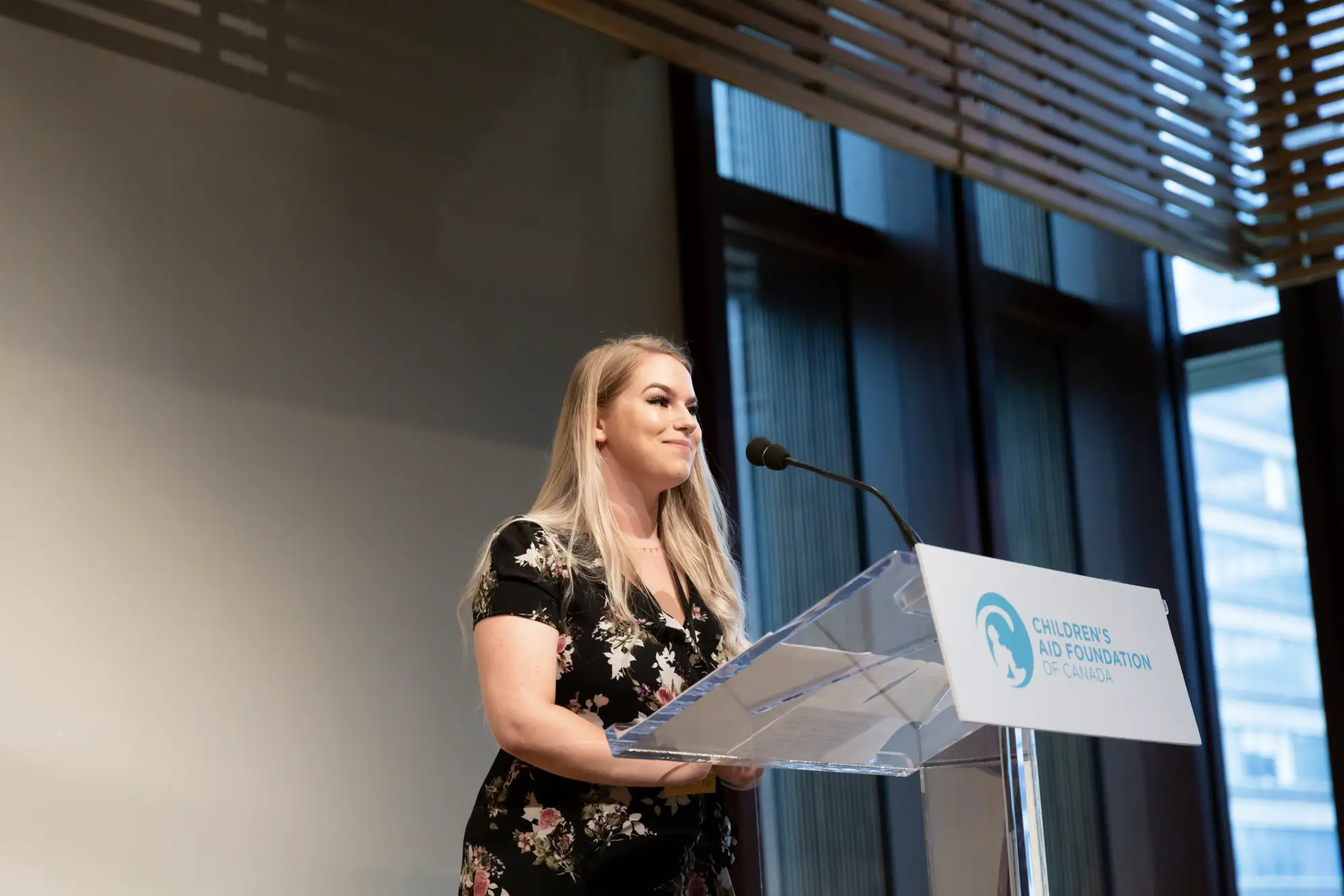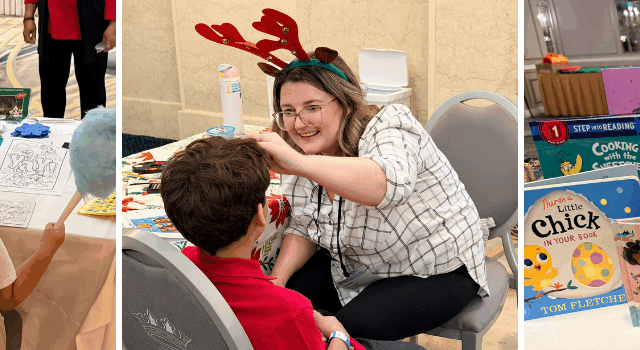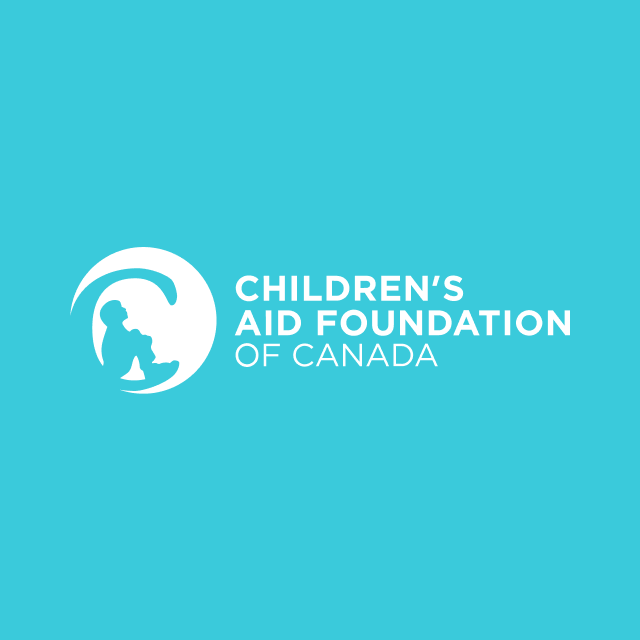We know that young people who are exposed to abuse and neglect are almost four times more likely to be diagnosed with a mental health disorder in adulthood than their peers. This trauma is compounded when youth as young as age 18 age out of Canada’s child welfare system and are left to fend for themselves without guidance when trying to access services such as mental health supports. With approximately 2,300 youth in Canada aging out of care each year, mental health issues often remain unaddressed due to lack of knowledge about what services are available and how to connect with them, lack of program availability, long waiting periods, and inaccessibility to programs due to barriers such as location and cost.
After transitioning out of care, many of these vulnerable young people are referred to practitioners in the adult mental health services sector, yet fail to make the connection to the service. Youth often don’t have the support they need in attending appointments or experience a lack of trust in meeting with someone who was not part of their support network while in care of the child welfare system. As a result, after missed appointments, their file is closed and there is no follow-up, leaving former youth in care without access to the mental health services they urgently require.
In September 2018, we launched the Connections Program, in partnership with Children’s Aid Society of Toronto, our new youth-in-transition mental health hub in Toronto in response to the persistent mental health needs of youth in and from care. Connections is accessible to youth between the ages of 18 and 29 who are transitioning or have already transitioned from care and live in the Greater Toronto Area, directly through Children’s Aid Society of Toronto and at the community-based Pape Adolescent Resource Centre. The program is funded by the program’s founding donor, the we know foundation, and supported by Canada Post Community Foundation, Echo Foundation, HBC Foundation, and Medavie.
In 2019-2020, 191 young people in Toronto were able to meet with a Connections mental health navigator who conducts a wellness assessment and creates a customized plan to help the youth get the help they need. Through established partnerships, the navigator identifies appropriate mental health experts and services available in the community and helps remove any barriers for youth in accessing these services, ultimately facilitating a smooth transition to adult services.
Thanks to Connections, these young people have access to one-on-one counselling with trauma-focused cognitive behavioural therapists; comprehensive assessments by an in-house primary care physician and psychiatrist; system navigation and referrals to established community services and partners. In addition, the mental health navigator works with an existing multidisciplinary team of health professionals at CAS of Toronto to identify any areas that may impact a youth’s mental health, such as physical health issues, lack of access to supports to help them find stable employment, or lack of stable housing, and provides wraparound services in partnership with child and youth workers.
We’ve identified a critical need to create better access to the mental health services for youth so that they can address their past trauma and move forward with their future. These young people are on the road to achieving their education and employment that will allow them to live independent lives, but we understand mental health issues are a huge barrier to successful outcomes. We’re looking to improve those outcomes by providing wraparound supports.
Staying connected during COVID-19
As our 2019-2020 fiscal year was coming to a close, the world was hit with the COVID-19 pandemic. Thanks to the support of our donors and program providers, the Connections Program has been able to continue providing critical supports to young people online through the crisis, a much-needed resource for vulnerable youth during this stressful time.



